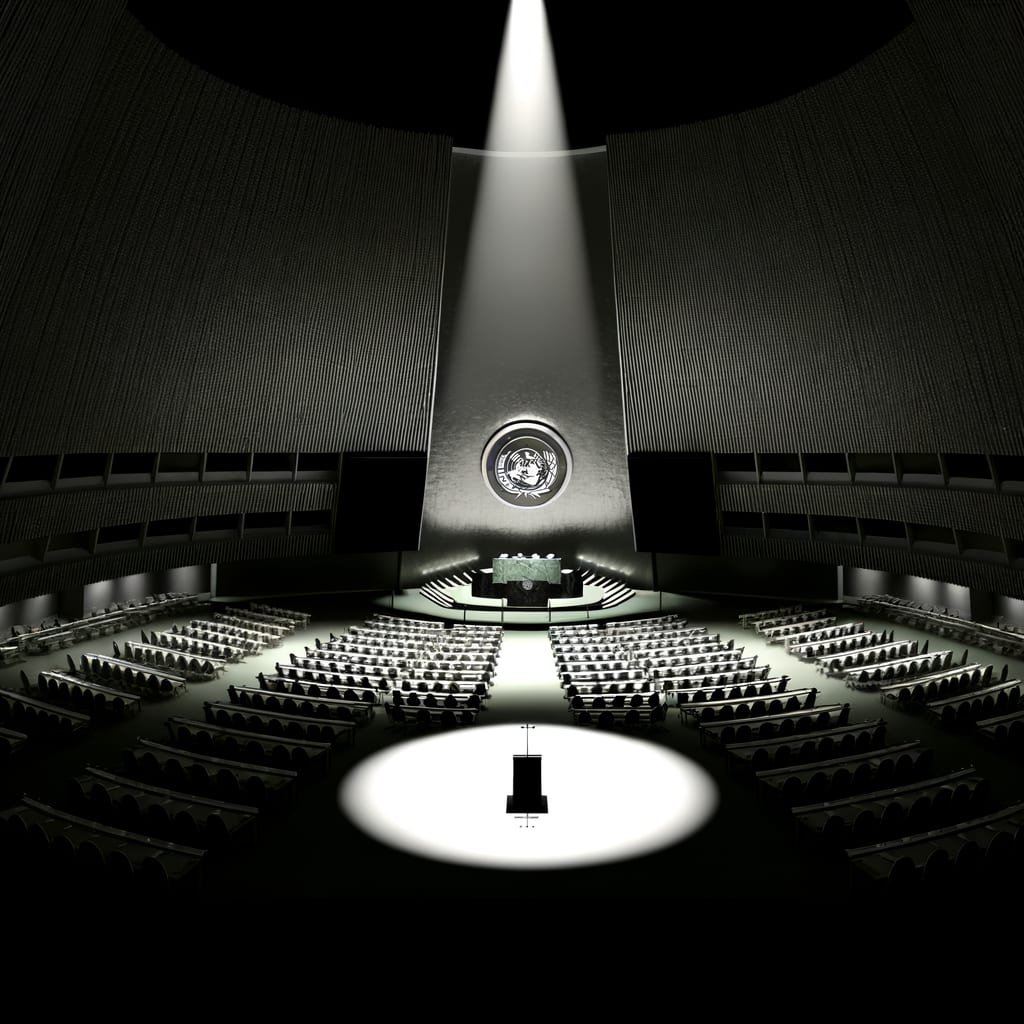Netanyahu Faces Unprecedented Criticism at UNGA Amid Gaza Conflict
Israeli Prime Minister Benjamin Netanyahu faced an unprecedented wave of criticism and diplomatic isolation at the United Nations General Assembly (UNGA) on September 26, 2025. As Netanyahu took the stage to deliver his address, dozens of diplomats from the assembly left the hall in protest. The Israeli PM's speech was met with walkouts, protests, and an almost empty hall, as reported by various international news outlets.
Mounting Pressure and International Criticism
Netanyahu's address to the UNGA came amid increasing international criticism over Israel's conduct in the Gaza war, with the country being treated as a global pariah by some of its longtime allies. The UNGA, which was held in New York, saw a recognition wave of a Palestinian state by Western countries, further intensifying the pressure on Netanyahu. This diplomatic move followed similar recognitions by Britain, Canada, and Australia, and is seen as a deepening international criticism of Israel's conduct in Gaza.
The Walkout
As Netanyahu began his speech, a significant number of delegates walked out of the assembly hall, leaving rows of empty seats. This stark contrast was noted when compared to the response that the Palestinian Authority President Mahmoud Abbas received when he addressed the assembly virtually a day before. Several news outlets, including Fox News, BBC News, Al Jazeera English, and Al-Quds News, reported the walkout as a direct protest against Israel's ongoing conflict in Gaza and its assaults against other countries.
The Speech and its Reactions
Netanyahu, in his address, promised to tell our truth
about the Gaza conflict and launched a full-throttled defense of Israel's war in Gaza. However, his speech was deemed combative and filled with tired gimmicks
by opposition leaders, with no clear plan on Gaza and hostages. The Times of Israel reported that coalition allies praised his defense of Israel and rejection of a Palestinian state.
As Netanyahu spoke, thousands of protesters filled the streets around the UN headquarters, demanding an end to genocide in Gaza. Many condemned allowing Netanyahu to have a platform at the UN in spite of the International Criminal Court arrest warrants issued against him.
Consequences and Implications
The diplomatic isolation faced by Netanyahu at the UNGA is indicative of the increasing international criticism faced by Israel. With an ongoing brutal war in Gaza and the increasing recognition of a Palestinian state, Israel's standing on the global stage appears to be under significant threat.
The recognition of Palestine as an independent state by several Western countries marks a significant milestone, underscoring the enduring resilience and steadfast resistance of the Palestinian people amid ongoing Israeli brutality. However, this diplomatic shift seems to be driven less by genuine humanitarian concern and more by mounting domestic and international pressure.
As Israel faces increasing scrutiny and criticism, the outcomes and future implications of these developments remain to be seen.

